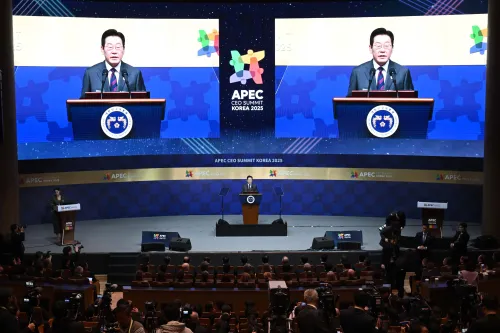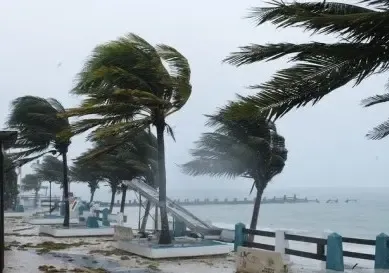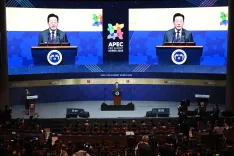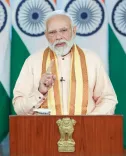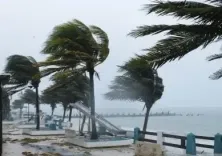Is Trump's Travel Ban Fueling Immigration Chaos?
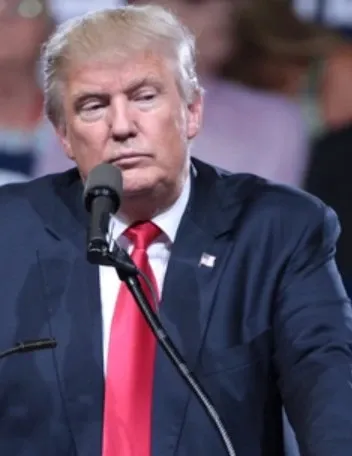
Synopsis
Key Takeaways
- Trump's travel ban now in effect.
- Protests erupt across major cities.
- Ban targets nationals from 12 countries.
- Exceptions for certain visa holders.
- Public outcry highlights immigration concerns.
Houston, June 10 (NationPress) A sweeping travel ban enacted by US President Donald Trump is now in effect, coinciding with escalating turmoil surrounding the Trump administration's immigration enforcement.
Over the weekend, protests erupted in downtown Los Angeles, where demonstrators clashed with National Guard troops in response to immigration raids that swept across California.
In New York City, activists occupied the Trump Tower on Monday, demanding the release of immigrants detained in recent raids. Reports from Xinhua news agency indicate that police arrested at least 20 protesters after a standoff lasting approximately 20 minutes.
Last week, Trump signed a proclamation that imposes a full ban on the entry of nationals from 12 countries: Afghanistan, Chad, the Republic of the Congo, Equatorial Guinea, Eritrea, Haiti, Iran, Libya, Myanmar, Somalia, Sudan, and Yemen, citing concerns regarding national security.
The White House stated that these nations were found to be lacking in proper screening and vetting, thus deemed to represent a very high risk to the United States.
Additionally, the proclamation partially limits entry from seven other nations: Burundi, Cuba, Laos, Sierra Leone, Togo, Turkmenistan, and Venezuela.
According to the White House, "The restrictions and limitations imposed by the Proclamation are essential for securing cooperation from foreign governments, enforcing immigration laws, and promoting vital foreign policy, national security, and counterterrorism initiatives."
Exceptions to the ban include lawful permanent residents, existing visa holders, specific visa categories, and individuals whose entry benefits US national interests.
During his first term, Trump initially announced a travel ban affecting seven countries, a policy that underwent multiple revisions before being upheld by the Supreme Court in 2018. The ban was subsequently reversed by former President Joe Biden in 2021.


